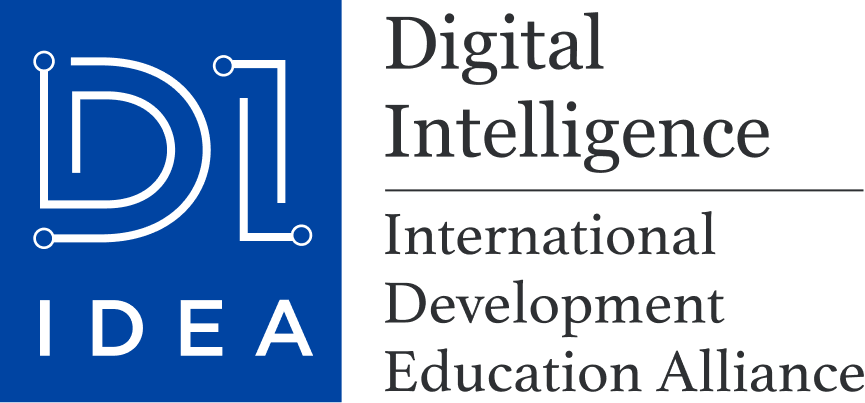To address the opportunities and challenges facing global higher education in the era of digital intelligence, Peking University has established the Digital Intelligence International Development Education Alliance (DI-IDEA) together with nearly 30 universities at home and abroad. DI-IDEA aims to foster cooperation between universities, combine forces to tackle major challenges posed by this era, explore governance models for digital intelligence, and offer academic support and policy recommendations for universal well-being. DI-IDEA was officially launched at Beijing Forum on November 3, 2023.
-
 American University of Sharjah - United Arab EmiratesAmerican University of Sharjah - United Arab Emirates
American University of Sharjah - United Arab EmiratesAmerican University of Sharjah - United Arab Emirates -
 Cairo University - EgyptCairo University - Egypt
Cairo University - EgyptCairo University - Egypt -
 Cambridge Teacher Research Exchange - United KingdomCambridge Teacher Research Exchange - United Kingdom
Cambridge Teacher Research Exchange - United KingdomCambridge Teacher Research Exchange - United Kingdom -
 Digital Education Futures Initiative, Hughes Hall, University of Cambridge - United KingdomDigital Education Futures Initiative, Hughes Hall, University of Cambridge - United Kingdom
Digital Education Futures Initiative, Hughes Hall, University of Cambridge - United KingdomDigital Education Futures Initiative, Hughes Hall, University of Cambridge - United Kingdom -
 Dublin City University - IrelandDublin City University - Ireland
Dublin City University - IrelandDublin City University - Ireland -
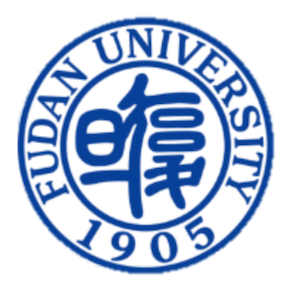 Fudan University – ChinaFudan University – China
Fudan University – ChinaFudan University – China -
 Harbin Institute of Technology – ChinaHarbin Institute of Technology – China
Harbin Institute of Technology – ChinaHarbin Institute of Technology – China -
 King's College London -United KingdomKing's College London -United Kingdom
King's College London -United KingdomKing's College London -United Kingdom -
 Korea University - South KoreaKorea University - South Korea
Korea University - South KoreaKorea University - South Korea -
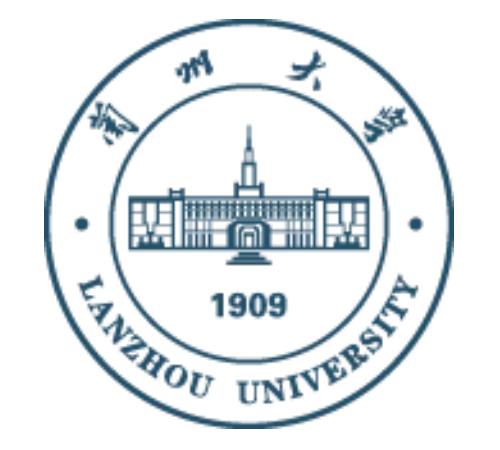 Lanzhou University – ChinaLanzhou University – China
Lanzhou University – ChinaLanzhou University – China -
 Lingnan University - ChinaLingnan University - China
Lingnan University - ChinaLingnan University - China -
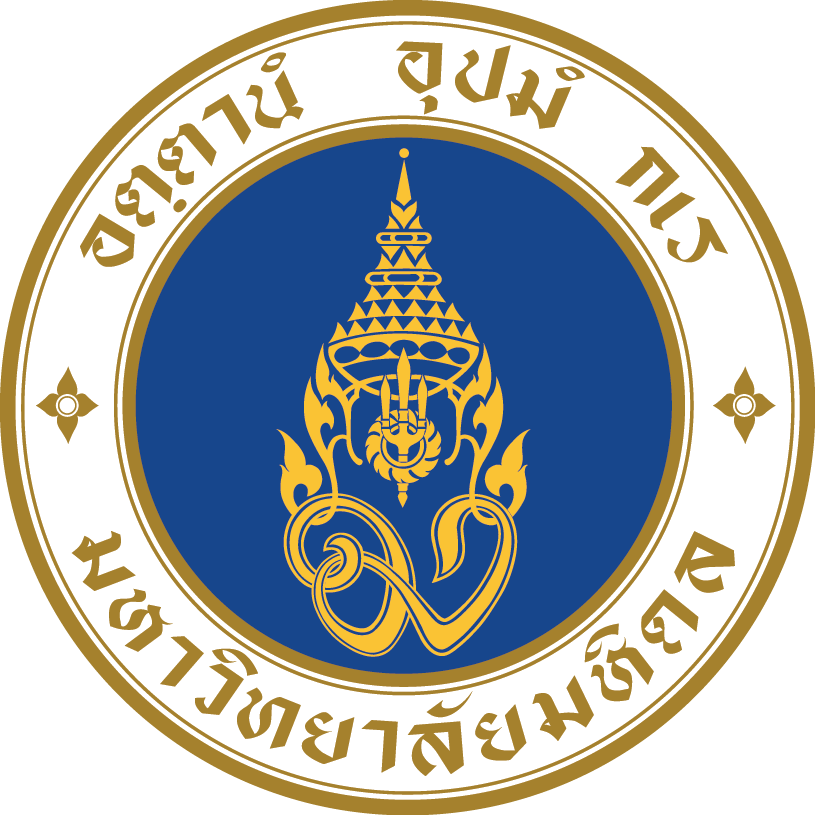 Mahidol University - ThailandMahidol University - Thailand
Mahidol University - ThailandMahidol University - Thailand -
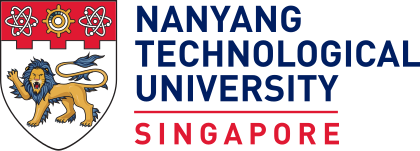 Nanyang Technological University - SingaporeNanyang Technological University - Singapore
Nanyang Technological University - SingaporeNanyang Technological University - Singapore -
 Nanjing University - ChinaNanjing University - China
Nanjing University - ChinaNanjing University - China -
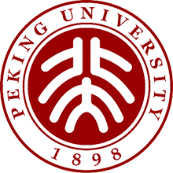 Peking University – ChinaPeking University – China
Peking University – ChinaPeking University – China -
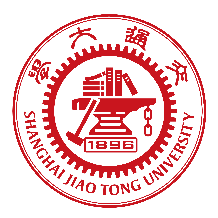 Shanghai Jiao Tong University - ChinaShanghai Jiao Tong University - China
Shanghai Jiao Tong University - ChinaShanghai Jiao Tong University - China -
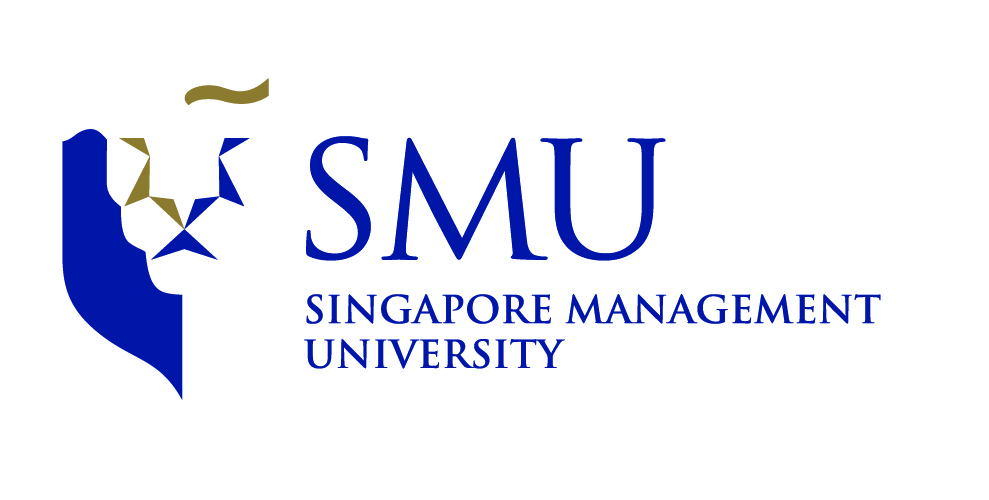 Singapore Management University - SingaporeSingapore Management University - Singapore
Singapore Management University - SingaporeSingapore Management University - Singapore -
 Singapore University of Social Sciences - SingaporeSingapore University of Social Sciences - Singapore
Singapore University of Social Sciences - SingaporeSingapore University of Social Sciences - Singapore -
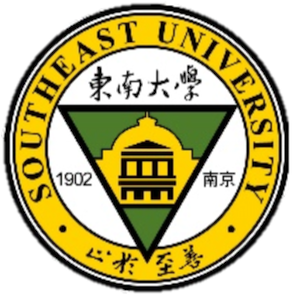 Southeast University - ChinaSoutheast University - China
Southeast University - ChinaSoutheast University - China -
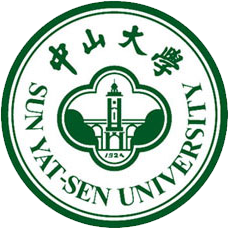 Sun Yat-sun University - ChinaSun Yat-sun University - China
Sun Yat-sun University - ChinaSun Yat-sun University - China -
 Taejae University -South KoreaTaejae University -South Korea
Taejae University -South KoreaTaejae University -South Korea -
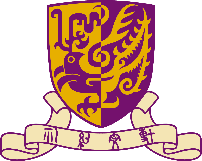 The Chinese University of Hong Kong - ChinaThe Chinese University of Hong Kong - China
The Chinese University of Hong Kong - ChinaThe Chinese University of Hong Kong - China -
 The Hong Kong Polytechnic University - ChinaThe Hong Kong Polytechnic University - China
The Hong Kong Polytechnic University - ChinaThe Hong Kong Polytechnic University - China -
 The London School of Economics and Political Science - United KingdomThe London School of Economics and Political Science - United Kingdom
The London School of Economics and Political Science - United KingdomThe London School of Economics and Political Science - United Kingdom -
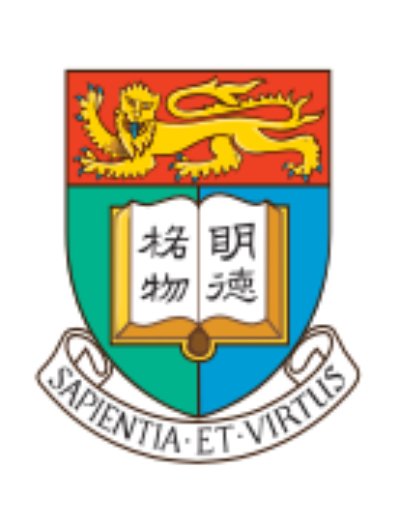 The University of Hong Kong - ChinaThe University of Hong Kong - China
The University of Hong Kong - ChinaThe University of Hong Kong - China -
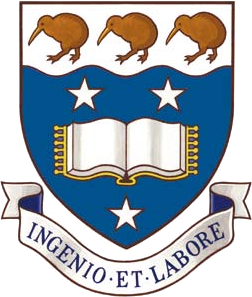 University of Auckland - New ZealandUniversity of Auckland - New Zealand
University of Auckland - New ZealandUniversity of Auckland - New Zealand -
 University of Campinas - BrazilUniversity of Campinas - Brazil
University of Campinas - BrazilUniversity of Campinas - Brazil -
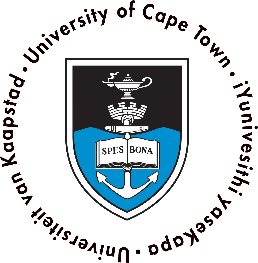 University of Cape Town - South AfricaUniversity of Cape Town - South Africa
University of Cape Town - South AfricaUniversity of Cape Town - South Africa -
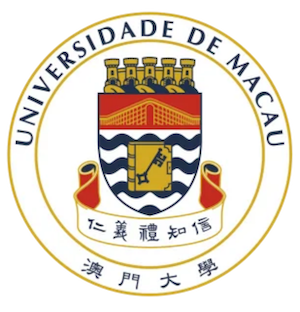 University of Macau - ChinaUniversity of Macau - China
University of Macau - ChinaUniversity of Macau - China -
 University of Malaya - MalaysiaUniversity of Malaya - Malaysia
University of Malaya - MalaysiaUniversity of Malaya - Malaysia -
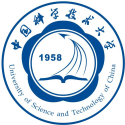 University of Science and Technology of China - ChinaUniversity of Science and Technology of China - China
University of Science and Technology of China - ChinaUniversity of Science and Technology of China - China -
 University of Strathclyde - United KingdomUniversity of Strathclyde - United Kingdom
University of Strathclyde - United KingdomUniversity of Strathclyde - United Kingdom -
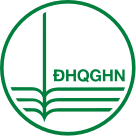 Vietnam National University, Hanoi - VietnamVietnam National University, Hanoi - Vietnam
Vietnam National University, Hanoi - VietnamVietnam National University, Hanoi - Vietnam -
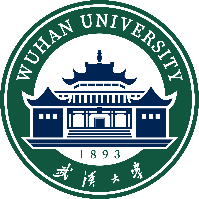 Wuhan University - ChinaWuhan University - China
Wuhan University - ChinaWuhan University - China -
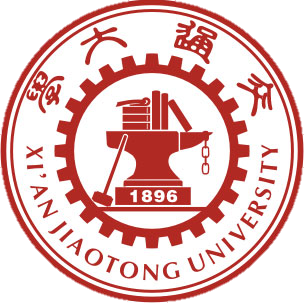 Xi’an Jiaotong University - ChinaXi’an Jiaotong University - China
Xi’an Jiaotong University - ChinaXi’an Jiaotong University - China -
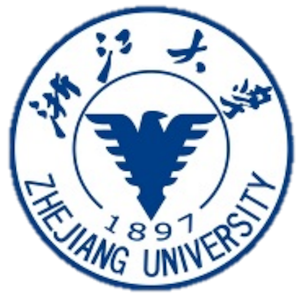 Zhejiang University - ChinaZhejiang University - China
Zhejiang University - ChinaZhejiang University - China




Establish digital campuses, share digital resources, maintain digital campus safety, and promote digitally enhanced publishing.
Exchange experiences and visions for the construction of digital campuses, optimize infrastructure, and create intelligent campuses. Promote digital resource sharing among alliance members. Utilize digital means to establish a comprehensive campus security system, enhancing predictive and preventive capabilities, and maintaining the safety of campus digital information. Leveraging data development services in the publishing industry to more effectively promote the publication and digital construction of research and teaching achievements.
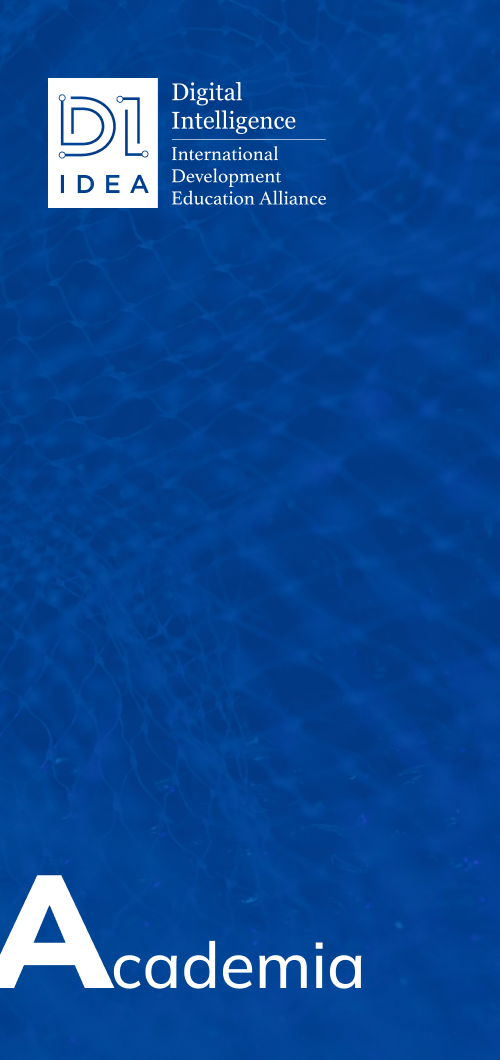

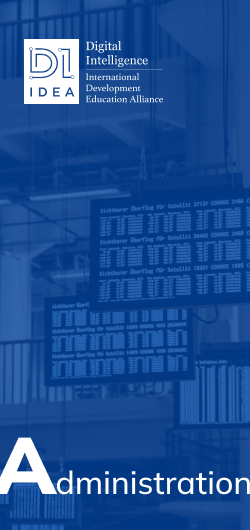
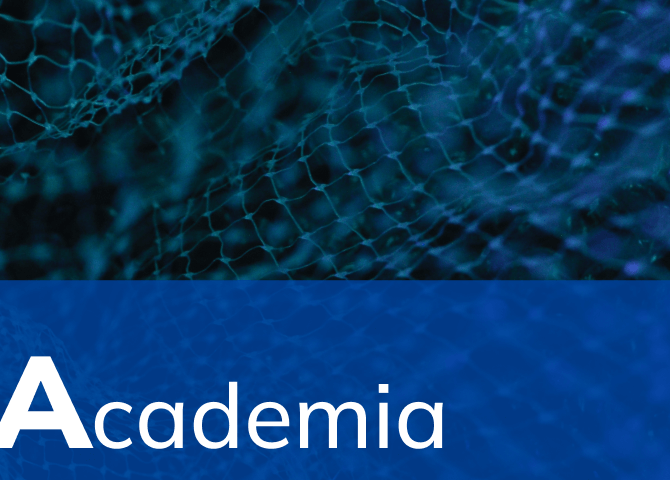
By constructing a collaborative innovation platform for digital humanities, further open resources, and promote academic research and development. Establish a dynamic response mechanism in digital governance that is quick and flexible, inclusive and balanced, participatory, and human-centered. Through the integration of artificial intelligence with six major fields of "general intelligence," including computer vision, multi-agent systems, robotics, machine learning, cognitive reasoning, and natural language understanding, create a humanistic-led, diverse digital ecosystem.

Share high-quality domestic courses with overseas students through technical means, allowing Chinese and foreign students to gather "in the cloud" and learn together. Invite alliance members to join the online academic exchange platform, where renowned scholars from various fields offer lectures to global teachers and students, and facilitate discussions, Q&A sessions, and other forms to enhance in-depth academic exchanges.
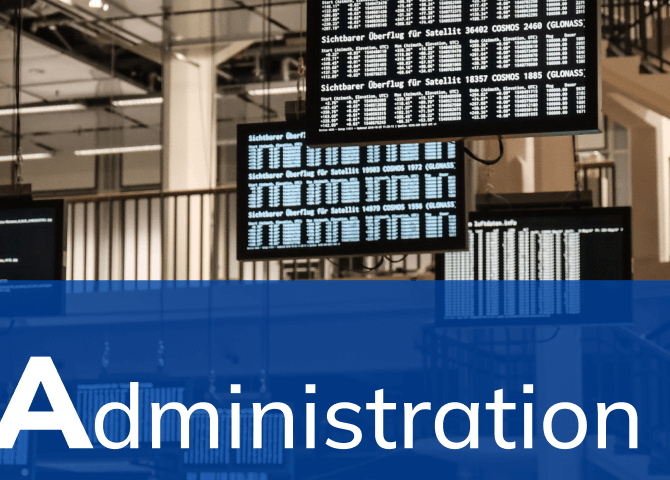
Establishing Digital Campuses, Sharing Digital Resources, Maintaining Digital Campus Safety, Promoting Digitally Enhanced Publishing.
Exchange experiences and visions for the construction of digital campuses, optimize infrastructure, and create intelligent campuses. Promote digital resource sharing among alliance members. Utilize digital means to form a comprehensive campus security system, enhance predictive and preventive capabilities, and maintain the safety of campus digital information. Based on the data development services of the publishing industry, more effectively promote the publication and digital construction of research and teaching achievements.

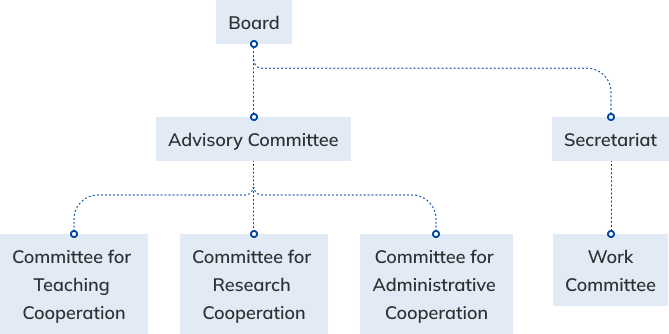
Chinese name: 数智教育发展国际大学联盟(简称:数智联盟)
English name: Digital Intelligence International Development Education Alliance (DI-IDEA)
The Alliance was launched by Peking University in 2023 with the aim of bringing together worldwide institutions of higher education to deepen domestic and foreign exchanges and cooperative research under joint effort, enhance the global development process of “educational digitalization” in the new era, synergize innovation, respond collaboratively to the major challenges faced by human society in the era of digital intelligence, and shoulder the mission of the times to enhance human well-being.
Board: The Board shall serve as the highest authority of the Alliance. Board Members shall be representatives of member universities. The Board’s primary responsibilities include formulating and amending the Alliance’s Charter, developing its strategic plan, finalizing work plans, discussing the admission of new members, and making decisions on major matters. Meetings shall be held at least once a year, with the President of the Board empowered to convene provisional sessions. Resolutions of the Board shall be adopted and implemented only after a majority of the Board Members have voted in favor of them.
Inter-university cooperation among members of the Alliance will focus on leveraging the advantages of resource pooling, establishing an open digitalization platform, and promoting exchanges and cooperation among member universities in the following fields: (a) digital education (such as talent cultivation, scientific research cooperation, cultural communication, policy research, and social services); (b) scientific research (including digital humanities, digital governance and ethics, and artificial intelligence); (c) teaching and learning (including curriculum sharing and online lectures); and (d) management (covering the establishment of digital campuses, sharing of digital resources, maintenance of digital security on campuses, and promotion of digital publishing), among others. DI-IDEA aims to achieve practical cooperation in all areas.
(1) Participate in Board meetings, forums, and advisory committees to contribute to discussions on the development of the Alliance and provide opinions and suggestions on its work;
(2) Participate in various activities of the Alliance and receive prioritized access to and use of high-quality resources from the Alliance or member universities;
(3) May join or withdraw from the Alliance voluntarily; and
(4) Enjoy other rights as outlined in the Alliance’s Charter, as interpreted by the Alliance Secretariat and the Board.
The Alliance shall primarily consist of renowned universities from different countries and regions. Additionally, universities may participate in cooperation with the Alliance as special observers or observers.
New and existing member units may apply for membership in (that is, affiliate with) or withdraw from the Alliance voluntarily. If any member engages in behavior that violates the purpose of the Alliance or adversely affects the reputation of the Alliance, it shall withdraw from the Alliance after a vote by the Board requiring such action.
The Alliance does not charge membership fees. Members are encouraged to seek financial support from multiple parties through various channels and expand funding sources for cooperative projects.
The use of Alliance funds must strictly comply with relevant Chinese laws and regulations and adhere to the provisions established by the Board.
The Charter shall take effect upon approval by the Board. The Charter shall be promulgated to all Alliance members and shall equally bind all members of the Alliance.
For matters not clarified or mentioned in the Charter, the Alliance Secretariat shall propose additions or modifications to the Board for consideration and adoption at Board meetings.
The Secretariat reserves the right to make the final interpretation of the Charter. Specific relevant matters shall be executed by the Secretariat.
- 01General Provisions
- 02Organization
- 03Areas of Cooperation
- 04Membership
- 05Affiliation and withdrawal
- 06Finance
- 07Supplementary Provisions
